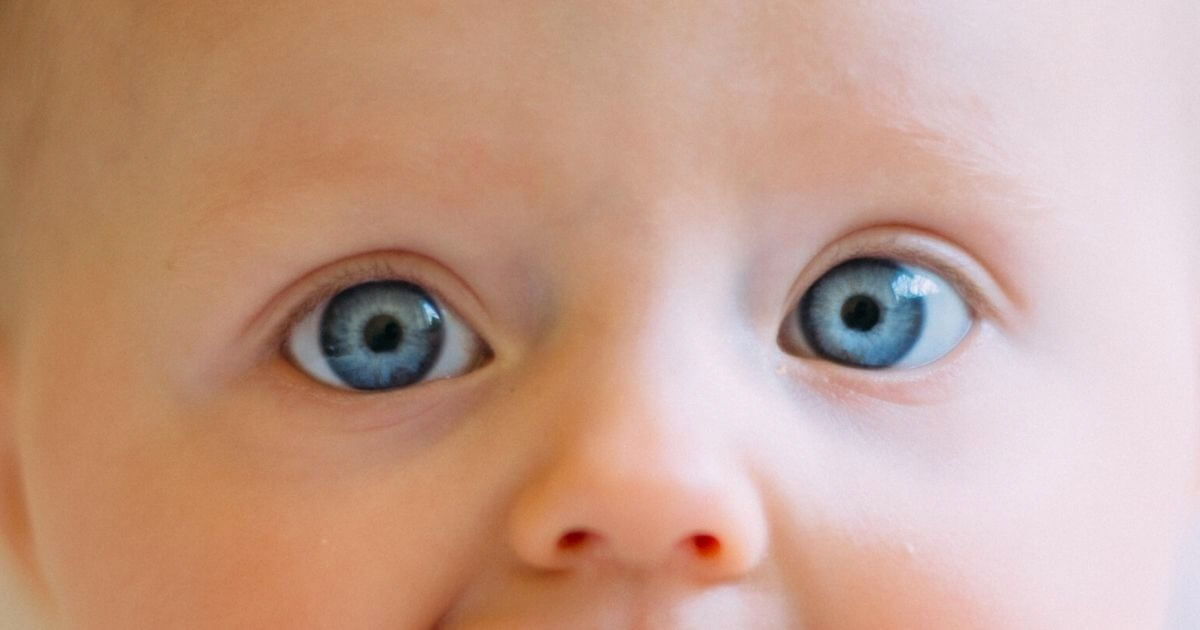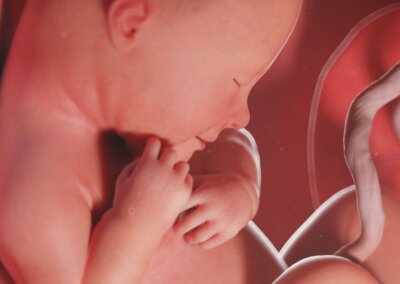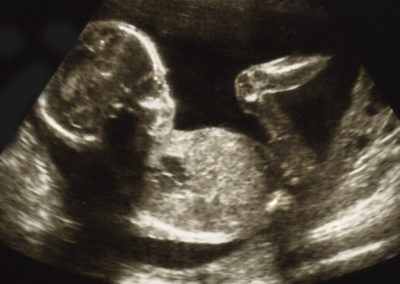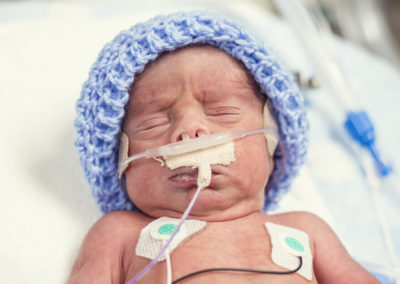The developing eyes of unborn babies are far more complex than scientists first thought, new research suggests.
Scientists at the University of California, Berkeley found that, by the thirteenth week of pregnancy, light-sensitive cells in the retinas of developing babies interact with each other in an interconnected network and could affect brain development in unsuspected ways.
Incredibly, the scientific breakthrough could help explain problems such as light-induced migraines or why light therapy works for depression.
It was previously thought that unborn babies could not see at this point in their development.
However, the recent discovery has gone beyond known information that already found babies in the womb sensed light at sixteen weeks in order to become accustomed to 24-hour, day-night rhythms.
Marla Feller, who is a UC Berkeley professor of molecular and cell biology and has spent 20 years of studying the developing retina, said:
“In the past, people demonstrated that these light-sensitive cells are important for things like the development of the blood vessels in the retina and light entrainment of circadian rhythms, but those were kind of a light on/light off response, where you need some light or no light.
“This seems to argue that they are actually trying to code for many different intensities of light, encoding much more information than people had previously thought.”
Two years ago, it was revealed that babies may be able to recognise faces while still in the womb.
Researchers at Lancaster University found unborn babies would turn their heads towards shapes which resemble faces – with the position of eyes and nose picked out.
Their study, which was conducted on 39 expectant mothers who were 34 weeks (8 months) pregnant, suggests that the instinct to recognise facial features develops before a baby has even seen their first face.
It also shows that an unborn baby’s senses are already well developed and parents should begin interacting with their baby while it is still in the womb.












